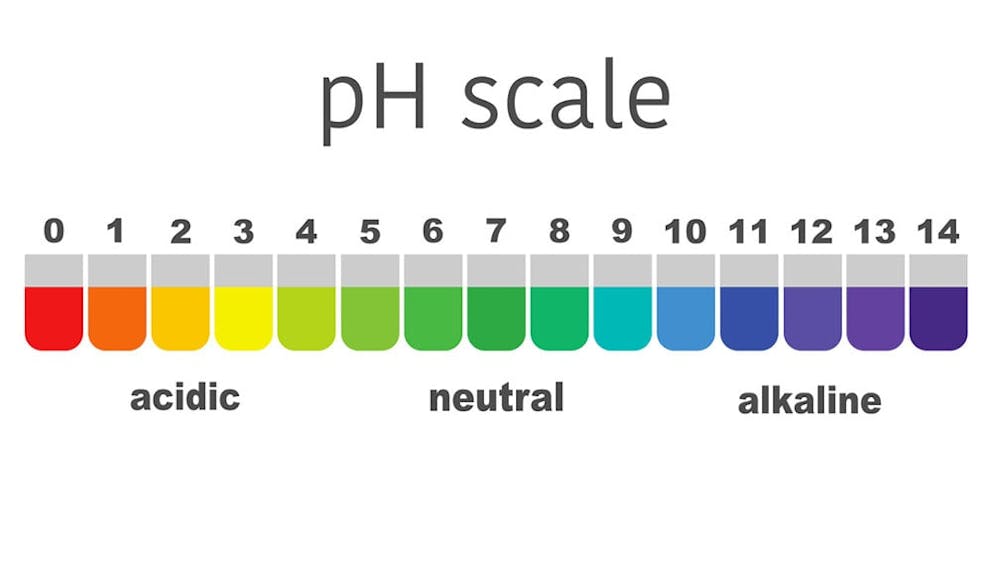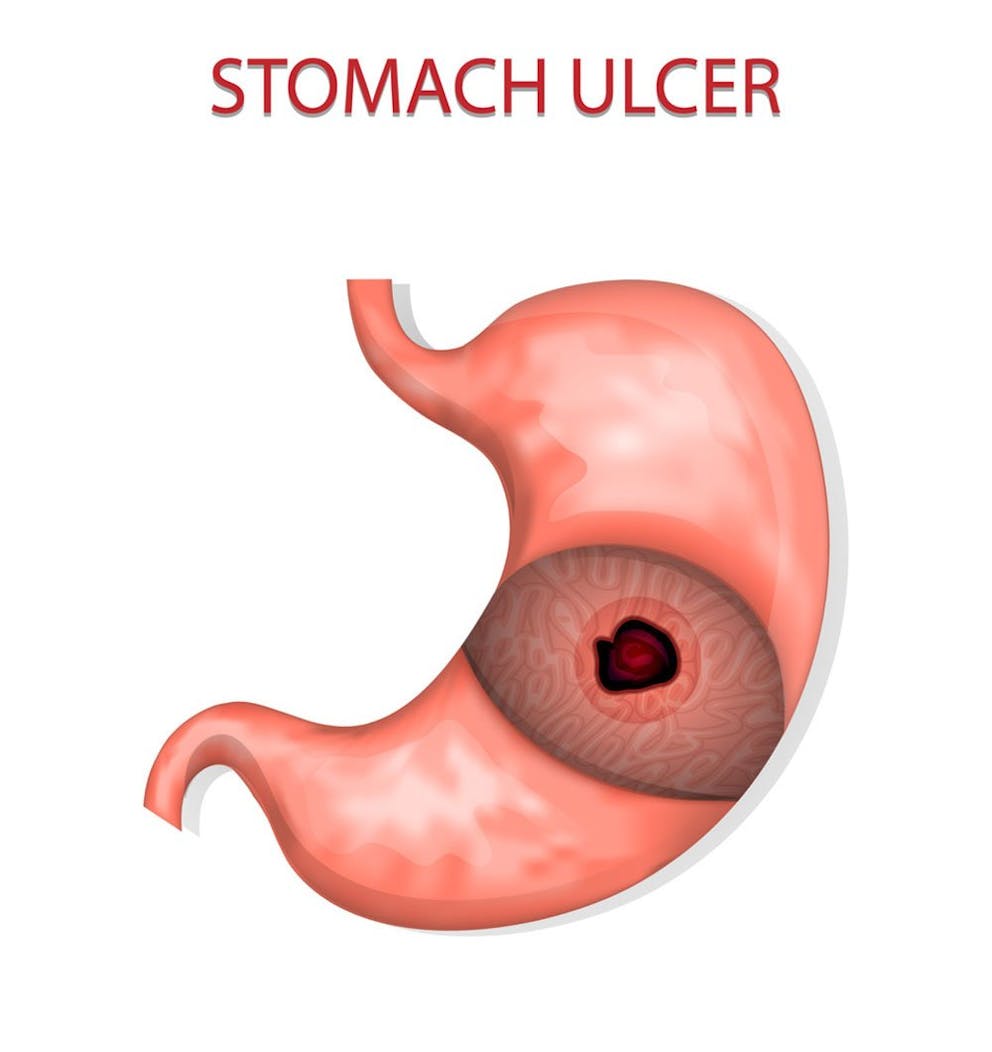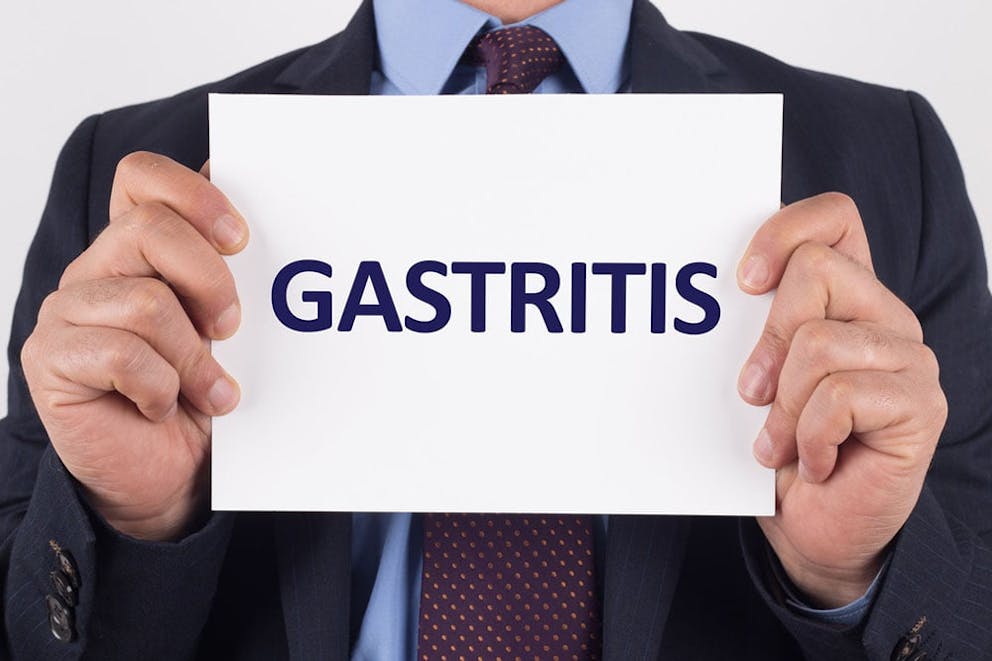When NOT to Take Apple Cider Vinegar

25 Top Supplements That Really Work
Discover the most effective supplements to promote a healthy body
Learn about key supplements to support digestion, brain function, energy, and more
Understand how to manage common health issues with specific supplements

25 Top Supplements That Really Work
Discover the most effective supplements to promote a healthy body
Learn about key supplements to support digestion, brain function, energy, and more
Understand how to manage common health issues with specific supplements

25 Top Supplements That Really Work
Discover the most effective supplements to promote a healthy body
Learn about key supplements to support digestion, brain function, energy, and more
Understand how to manage common health issues with specific supplements

25 Top Supplements That Really Work
Discover the most effective supplements to promote a healthy body
Learn about key supplements to support digestion, brain function, energy, and more
Understand how to manage common health issues with specific supplements

25 Top Supplements That Really Work
Discover the most effective supplements to promote a healthy body
Learn about key supplements to support digestion, brain function, energy, and more
Understand how to manage common health issues with specific supplements

25 Top Supplements That Really Work
Discover the most effective supplements to promote a healthy body
Learn about key supplements to support digestion, brain function, energy, and more
Understand how to manage common health issues with specific supplements

25 Top Supplements That Really Work
Discover the most effective supplements to promote a healthy body
Learn about key supplements to support digestion, brain function, energy, and more
Understand how to manage common health issues with specific supplements

25 Top Supplements That Really Work
Discover the most effective supplements to promote a healthy body
Learn about key supplements to support digestion, brain function, energy, and more
Understand how to manage common health issues with specific supplements

25 Top Supplements That Really Work
Discover the most effective supplements to promote a healthy body
Learn about key supplements to support digestion, brain function, energy, and more
Understand how to manage common health issues with specific supplements

25 Top Supplements That Really Work
Discover the most effective supplements to promote a healthy body
Learn about key supplements to support digestion, brain function, energy, and more
Understand how to manage common health issues with specific supplements

25 Top Supplements That Really Work
Discover the most effective supplements to promote a healthy body
Learn about key supplements to support digestion, brain function, energy, and more
Understand how to manage common health issues with specific supplements

25 Top Supplements That Really Work
Discover the most effective supplements to promote a healthy body
Learn about key supplements to support digestion, brain function, energy, and more
Understand how to manage common health issues with specific supplements

25 Top Supplements That Really Work
Discover the most effective supplements to promote a healthy body
Learn about key supplements to support digestion, brain function, energy, and more
Understand how to manage common health issues with specific supplements

25 Top Supplements That Really Work
Discover the most effective supplements to promote a healthy body
Learn about key supplements to support digestion, brain function, energy, and more
Understand how to manage common health issues with specific supplements

25 Top Supplements That Really Work
Discover the most effective supplements to promote a healthy body
Learn about key supplements to support digestion, brain function, energy, and more
Understand how to manage common health issues with specific supplements

25 Top Supplements That Really Work
Discover the most effective supplements to promote a healthy body
Learn about key supplements to support digestion, brain function, energy, and more
Understand how to manage common health issues with specific supplements

25 Top Supplements That Really Work
Discover the most effective supplements to promote a healthy body
Learn about key supplements to support digestion, brain function, energy, and more
Understand how to manage common health issues with specific supplements

25 Top Supplements That Really Work
Discover the most effective supplements to promote a healthy body
Learn about key supplements to support digestion, brain function, energy, and more
Understand how to manage common health issues with specific supplements

25 Top Supplements That Really Work
Discover the most effective supplements to promote a healthy body
Learn about key supplements to support digestion, brain function, energy, and more
Understand how to manage common health issues with specific supplements

25 Top Supplements That Really Work
Discover the most effective supplements to promote a healthy body
Learn about key supplements to support digestion, brain function, energy, and more
Understand how to manage common health issues with specific supplements

25 Top Supplements That Really Work
Discover the most effective supplements to promote a healthy body
Learn about key supplements to support digestion, brain function, energy, and more
Understand how to manage common health issues with specific supplements

Keto Strategy Tips
Expert advice on maintaining a successful keto lifestyle
Learn simple strategies to overcome common challenges and stay on track
Stay motivated with tips and techniques to keep you focused on your keto journey
Practical cutout wallet guide for quick reference on keto-friendly choices and strategies

Keto Strategy Tips
Expert advice on maintaining a successful keto lifestyle
Learn simple strategies to overcome common challenges and stay on track
Stay motivated with tips and techniques to keep you focused on your keto journey
Practical cutout wallet guide for quick reference on keto-friendly choices and strategies

Keto Strategy Tips
Expert advice on maintaining a successful keto lifestyle
Learn simple strategies to overcome common challenges and stay on track
Stay motivated with tips and techniques to keep you focused on your keto journey
Practical cutout wallet guide for quick reference on keto-friendly choices and strategies

Keto Strategy Tips
Expert advice on maintaining a successful keto lifestyle
Learn simple strategies to overcome common challenges and stay on track
Stay motivated with tips and techniques to keep you focused on your keto journey
Practical cutout wallet guide for quick reference on keto-friendly choices and strategies

Keto Strategy Tips
Expert advice on maintaining a successful keto lifestyle
Learn simple strategies to overcome common challenges and stay on track
Stay motivated with tips and techniques to keep you focused on your keto journey
Practical cutout wallet guide for quick reference on keto-friendly choices and strategies

Keto Strategy Tips
Expert advice on maintaining a successful keto lifestyle
Learn simple strategies to overcome common challenges and stay on track
Stay motivated with tips and techniques to keep you focused on your keto journey
Practical cutout wallet guide for quick reference on keto-friendly choices and strategies

Keto Strategy Tips
Expert advice on maintaining a successful keto lifestyle
Learn simple strategies to overcome common challenges and stay on track
Stay motivated with tips and techniques to keep you focused on your keto journey
Practical cutout wallet guide for quick reference on keto-friendly choices and strategies

Keto Strategy Tips
Expert advice on maintaining a successful keto lifestyle
Learn simple strategies to overcome common challenges and stay on track
Stay motivated with tips and techniques to keep you focused on your keto journey
Practical cutout wallet guide for quick reference on keto-friendly choices and strategies

Keto Strategy Tips
Expert advice on maintaining a successful keto lifestyle
Learn simple strategies to overcome common challenges and stay on track
Stay motivated with tips and techniques to keep you focused on your keto journey
Practical cutout wallet guide for quick reference on keto-friendly choices and strategies

Keto Strategy Tips
Expert advice on maintaining a successful keto lifestyle
Learn simple strategies to overcome common challenges and stay on track
Stay motivated with tips and techniques to keep you focused on your keto journey
Practical cutout wallet guide for quick reference on keto-friendly choices and strategies

Keto Strategy Tips
Expert advice on maintaining a successful keto lifestyle
Learn simple strategies to overcome common challenges and stay on track
Stay motivated with tips and techniques to keep you focused on your keto journey
Practical cutout wallet guide for quick reference on keto-friendly choices and strategies

Keto Strategy Tips
Expert advice on maintaining a successful keto lifestyle
Learn simple strategies to overcome common challenges and stay on track
Stay motivated with tips and techniques to keep you focused on your keto journey
Practical cutout wallet guide for quick reference on keto-friendly choices and strategies

Keto Strategy Tips
Expert advice on maintaining a successful keto lifestyle
Learn simple strategies to overcome common challenges and stay on track
Stay motivated with tips and techniques to keep you focused on your keto journey
Practical cutout wallet guide for quick reference on keto-friendly choices and strategies

Keto Strategy Tips
Expert advice on maintaining a successful keto lifestyle
Learn simple strategies to overcome common challenges and stay on track
Stay motivated with tips and techniques to keep you focused on your keto journey
Practical cutout wallet guide for quick reference on keto-friendly choices and strategies

Keto Strategy Tips
Expert advice on maintaining a successful keto lifestyle
Learn simple strategies to overcome common challenges and stay on track
Stay motivated with tips and techniques to keep you focused on your keto journey
Practical cutout wallet guide for quick reference on keto-friendly choices and strategies

Keto Strategy Tips
Expert advice on maintaining a successful keto lifestyle
Learn simple strategies to overcome common challenges and stay on track
Stay motivated with tips and techniques to keep you focused on your keto journey
Practical cutout wallet guide for quick reference on keto-friendly choices and strategies

Keto Strategy Tips
Expert advice on maintaining a successful keto lifestyle
Learn simple strategies to overcome common challenges and stay on track
Stay motivated with tips and techniques to keep you focused on your keto journey
Practical cutout wallet guide for quick reference on keto-friendly choices and strategies

Keto Strategy Tips
Expert advice on maintaining a successful keto lifestyle
Learn simple strategies to overcome common challenges and stay on track
Stay motivated with tips and techniques to keep you focused on your keto journey
Practical cutout wallet guide for quick reference on keto-friendly choices and strategies

Keto Strategy Tips
Expert advice on maintaining a successful keto lifestyle
Learn simple strategies to overcome common challenges and stay on track
Stay motivated with tips and techniques to keep you focused on your keto journey
Practical cutout wallet guide for quick reference on keto-friendly choices and strategies

Keto Strategy Tips
Expert advice on maintaining a successful keto lifestyle
Learn simple strategies to overcome common challenges and stay on track
Stay motivated with tips and techniques to keep you focused on your keto journey
Practical cutout wallet guide for quick reference on keto-friendly choices and strategies

Keto Strategy Tips
Expert advice on maintaining a successful keto lifestyle
Learn simple strategies to overcome common challenges and stay on track
Stay motivated with tips and techniques to keep you focused on your keto journey
Practical cutout wallet guide for quick reference on keto-friendly choices and strategies
You have likely heard about apple cider vinegar and maybe even used it in your cooking. It is very popular when it comes to natural health and healing, and it is touted for its benefits for the digestive system.
Many people are supplementing their diets with this healthy vinegar. But is it healthy for everyone and should everyone take it? It turns out the answer is no. It is important to know when NOT to take apple cider vinegar because there is a portion of the population who should avoid it entirely.
For some people, it could make things worse rather than better.
In this article, I will cover:
Let's start with the basics.
What is apple cider vinegar?

When you take apple juice and ferment it, it turns into alcohol. And when you use a specific bacterium to take the fermentation process one step further, you get a vinegar.
This is what apple cider vinegar is. It contains acetic acid, the acidic component that can make this vinegar so useful for health.
It has a sour, pungent flavor. And it can be used in cooking, mixed into water, or put into tablet form as a supplement.
Why take apple cider vinegar?
Most people benefit greatly from taking this healthy type of vinegar. A lot of us don't have healthy stomach acid levels, but we need enough stomach acid to properly digest our food.
The pH of your stomach should be between 1 and 3. This is very acidic. But things like aging, eating junk foods, and more can lead to an increase in pH and a more alkaline stomach. This is a very common issue.

This change – from more acidic to more alkaline – causes us to lose our ability to digest foods properly (especially protein). We also start to lose our ability to kill microbes and our ability to absorb minerals.
When we aren't digesting properly and aren't digesting protein in particular, we can end up bloated and with all sorts of symptoms and problems.
That is where taking apple cider vinegar comes in. Taking this vinegar can help to decrease the pH of your stomach, keeping it in the acidic range where it needs to be. Many people think that an acidic stomach is a problem, but it is actually often the solution to common symptoms.
There can be many benefits to drinking apple cider vinegar in water. It is great for keeping things in your digestive tract running smoothly, and that can have a wide range of effects all over your body.
It can support things like:
Aiding with digestion.
Controlling pathogens
Helping you absorb minerals.
Decreasing acid reflux.
Reducing gas and bloating.
Helping release bile.
Breaking down proteins.
Supporting blood sugars and diabetes.
Improving immune function.
Supporting weight loss.

As you can see, the health benefits of apple cider vinegar can be widespread.
And most people do benefit from this digestive supplement. But there are some specific instances in which using it is NOT a good idea. Read on to learn about when to avoid this acid-boosting vinegar.
3 situations when NOT to take apple cider vinegar
Apple cider vinegar is not for everyone. While it can have many potential health benefits, the acetic acid in the vinegar can aggravate certain digestive tract problems. Sometimes, it can actually cause more harm than good. And in those cases, it should be avoided.
Below are three of the top situations where you want to stay away from this vinegar. For each, I explain some approaches to consider should you want to support your healing and begin to feel better.
1. Stomach ulcers

Stomach ulcers (or peptic ulcers) are sores that occur in the lining of the stomach and cause abdominal pain and other symptoms. If you have an ulcer, taking this kind of vinegar is not a good idea.
Drinking it would be like dumping acid onto an open wound in your stomach lining. And it would make things a lot worse.
One simple way to find out if you have an ulcer is to dilute 1-2 tablespoons of apple cider vinegar in water and drink it. If this makes your symptoms worse and causes abdominal pain, you likely have a stomach ulcer. In that case, you will want to heal your stomach ulcer symptoms.
What to do for stomach ulcers:
One ulcer-healing option is zinc carnosine. Take 50 mg of zinc carnosine three times per day for a month, then slowly reduce your dose. And make sure to take a blend of trace minerals along with it, which will help this remedy work better. Trace minerals need to work together for the best results.
Another stomach ulcer remedy is to take chlorophyll. Wheatgrass juice powder is an easy way to get a lot of chlorophyll. Taken on an empty stomach, it can be really good for stomach ulcers. Supporting peptic ulcers is one of the top scientific benefits of wheatgrass.
Finally, Healthy KetoTM and intermittent fasting can help give your stomach lining the chance to heal. These healthy ways of eating also provide your body with the right foods to help prevent peptic ulcers in the future. Learn the basics about keto and fasting here.
2. Gastritis

Gastritis is a condition where the stomach is inflamed. The inflammation causes sour regurgitation and acid through the esophagus. You do not want to add more acid when there is already inflammation in the stomach, because that will just make it worse. So taking vinegar full of acetic acid will likely exacerbate your symptoms.
If you do have gastritis, stay away from this vinegar. And to support your healing, look to the following tips to start feeling better.
What to do for gastritis:
A good natural remedy for gastritis is DGL licorice root. This is a safer form of licorice root that can be useful for soothing digestive issues.
Probiotics are another good choice (unless you have SIBO - learn more here).
3. Zollinger-Ellison Syndrome
Zollinger-Ellison syndrome occurs when you have a tumor near your pancreas or small intestine. The tumor causes an increase in the production of gastric acid.
Some of the side effects of this large amount of acid secretion include stomach ulcers and stomach problems.
Again, adding more acid will just cause more issues and make the problem worse. So if you have Zollinger-Ellison syndrome, stay away from apple cider vinegar. And consult with your healthcare provider for proper treatment.
Key takeaways
Most people can really benefit from using apple cider vinegar. But there will always be a percentage of people who will not benefit from any particular remedy. And with the case of acidic vinegar, there are three main conditions where people should avoid it. These include:
Stomach ulcers.
Gastritis.
Zollinger-Ellison Syndrome.
If you have stomach ulcers, gastritis, or Zollinger-Ellison syndrome, you'll want to stay away from drinking it or taking it as a supplement. It could make your symptoms worse and cause more harm than good.
But if you do not have any of these conditions, then you might want to consider adding it to your routine. It can have a lot of health benefits when you aren't dealing with the underlying health concerns listed above. From supporting weight loss to blood sugars, it is well worth considering.

To take it, simply mix 1-2 tablespoons in a glass of water and drink up! This can be included in part of your regular, daily routine to boost your health.
Do you use apple cider vinegar? How do you take it? Or do you avoid it due to one of the underlying health issues mentioned above? Share your experience with ACV by leaving me a comment in the comments section below.
Up Next: -
Disclaimer: Our educational content is not meant or intended for medical advice or treatment.
Editor’s Note: This post has been updated for quality and relevancy.
Previous blog
You Have Good and Bad LDLNext blog
Best Remedy for Tylenol Poisoning
Popular
08/21/2024
55K views
02/23/2025
46.3K views
11/18/2024
277.5K views
03/18/2024
11/21/2022




